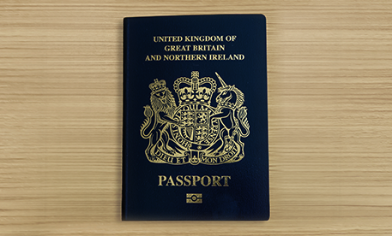What is a DBS check and what does it show?
When starting a new job, sometimes you might be required to provide more than personal and bank details to begin your new role. Your new employer might also ask you to complete a DBS (Disclosure and Barring Service) check.
DBS checks are an important requirement for several job roles and allow you to work in your chosen field – from teaching, social work and childminding, through to veterinary nursing, solicitors and accounting. It’s a background check, to help employers make safer recruitment decisions and can – with the Enhanced check – prevent unsuitable people working with vulnerable groups (such as children).
There are three main types of DBS checks (previously known as CRB checks) – your employer should let you know which is needed.
-
Basic
This is the lowest level of search, which checks for any unspent convictions. An employer can request this for any type of job, but it's usually required for roles dealing with the public – such as delivery drivers and charity workers. You can apply for this yourself by visiting the GOV.UK basic DBS check request page.
-
Standard
This reveals a higher level of detail than the Basic check – such as spent and unspent convictions, reprimands, cautions, and final warnings. It’s expected for roles that involve working with children or vulnerable adults – such as social workers or childminders. From this level of check upwards, you’ll need to submit more documents to prove your identity.
-
Enhanced
This covers everything within the Standard check, as well as any additional information held by police that would be relevant including searching barred lists (eg, people who’ve been barred from working with children or vulnerable adults). Teachers, doctors and other people with high levels of responsibility in unsupervised conditions with children or vulnerable adults would usually expect this level of check.
How to get a DBS check
If you need to apply for a Standard or Enhanced DBS check, your employer or the organisation you need it for will let you know their preferred supplier to complete this process with.
You’ll start the journey online, then may need to provide original documents such as your passport, driving licence or recent bank statement. You can bring these to around 3,600 Post Office branches across the UK along with your verification letter.
What’s the Post Office role in the process?
We'll check and process your documents to confirm your identity. A verification report will then be sent to the organisation managing your application process, so they can complete your DBS check.
How long does a DBS check take?
Basic DBS checks usually take up to 14 days. For Standard and Enhanced checks, you should normally receive a copy within four weeks, but this can vary depending on busier times – for instance an increase in seasonal workers across summer.
How long does a DBS check last?
DBS checks have no official expiry date, but it’s up to your employer to decide when a new check is required.


